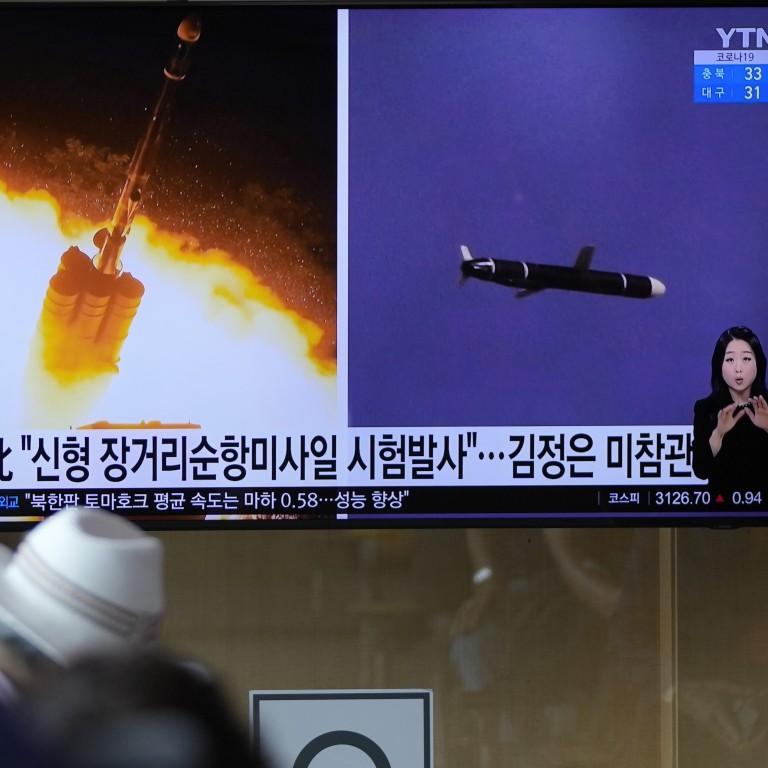
China calls for restraint as North Korea tests cruise missile able to reach Japan
- Pyongyang breaks lull in testing with ‘strategic weapon of great significance’, KCNA says, but some experts see moderate military gains
- Move ahead of Korean denuclearisation talks in Tokyo makes one analyst call for ‘serious pressure’, as concessions only seem to inspire more bad behaviour
However, Pyongyang’s latest move was certain to disappoint North Korea doves and make the hawks harden their stance, they said, as China called for restraint in the region.
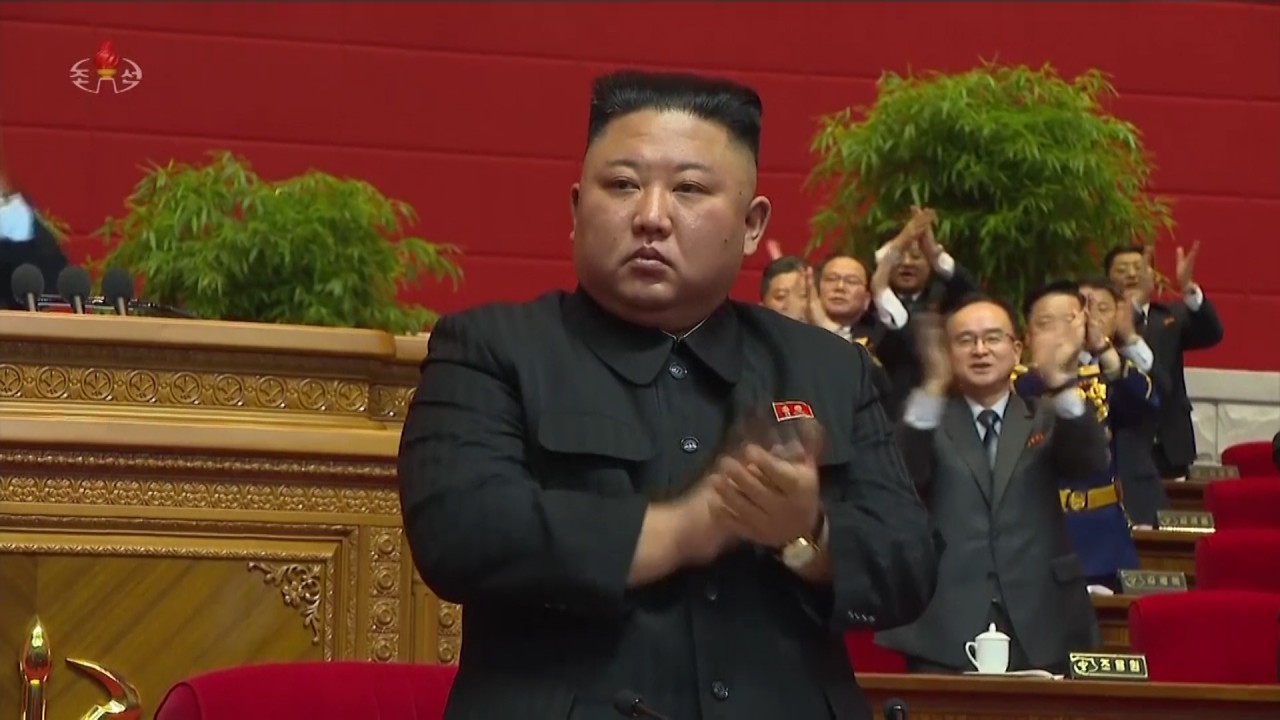
02:25
Kim Jong-un adds new title: general secretary of the ruling Workers’ Party
The missiles are “a strategic weapon of great significance” and flew 1,500km (930 miles) before hitting their targets and falling into the country’s territorial waters during the tests on Saturday and Sunday, KCNA said. They travelled for 126 minutes along “oval and pattern-8 flight orbits”, it reported on Monday.
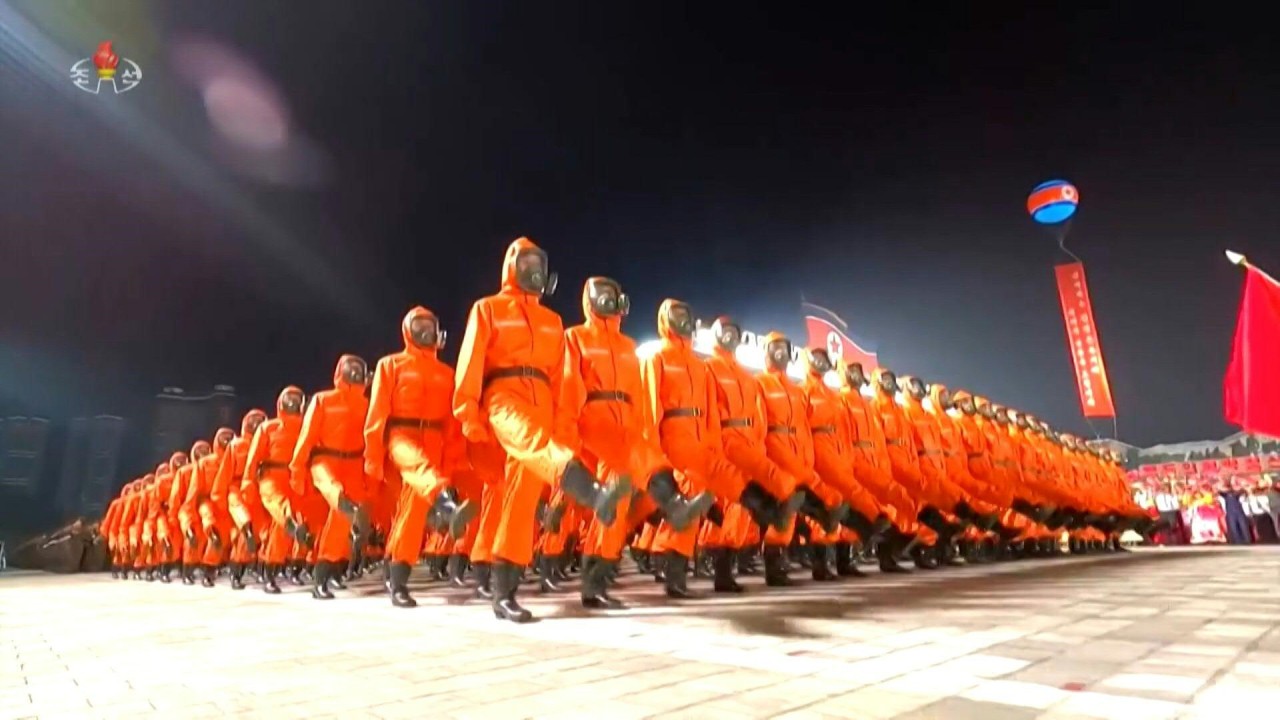
03:19
Military parade marks North Korea’s 73rd anniversary with slimmer Kim stealing the spotlight
China’s foreign ministry on Monday called for restraint in the Korean peninsula, while reiterating Beijing’s long-term stance on a solution via dialogue.
“China calls on related parties to exercise restraint and meet halfway, to actively hold dialogue and [enhance] contact … to push ahead with the process of a political solution to [Korean] peninsula issues,” ministry spokesman Zhao Lijian said.
China will take ‘valuable friendship’ with North Korea to new heights: Xi
A ballistic missile is powered by a rocket and can carry bigger and more powerful payloads. They also have a longer range, apart from flying faster. North Korea test-fired its first intercontinental ballistic missile, the Hwasong-14, in July 2017.
Hwang Jae-ho, director of the Global Security Cooperation Centre at Hankuk University of Foreign Studies in Seoul, said although cruise missiles were less dangerous than ballistic ones, they could pose a big danger if equipped with a small nuclear warhead.
“If Pyongyang continues to advance its nuclear programme and arm this cruise missile with a deadly nuclear warhead, then neighbouring countries will surely be unnerved,” said Hwang, while adding the low-profile launch reflected the regime taking a cautious approach so as not to provoke other countries.
North Korea’s 73rd National Day military parade last Thursday did not feature the tanks or new missiles that are usually part of such displays.
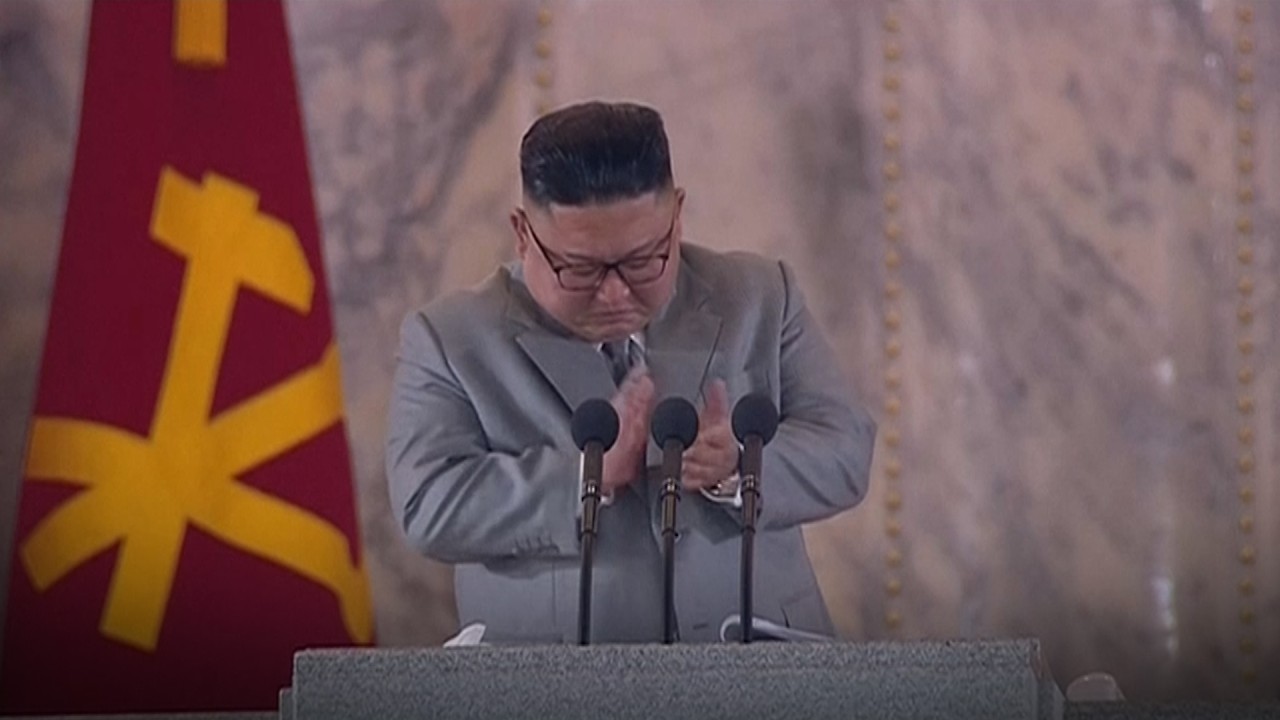
00:55
North Korea leader Kim Jong-un chokes up during speech at military parade
The long-range cruise missile tested over the weekend was capable of reaching most of Japan.
“Pyongyang is clearly eyeing Japan with this missile,” said Song Zhongping, a former PLA instructor and now a military commentator, but added that, even though this new cruise missile could give Pyongyang a new strike option, a lack of logistical support would hobble its attack abilities.
“North Korea has developed ballistic missiles for years. But, due to a lack of guidance from Terrain Contour Matching and satellites, their attack capabilities would be unstable,” Song said.
Terrain Contour Matching, or TERCOM, is a navigation system that considerably increases the accuracy of cruise missiles.
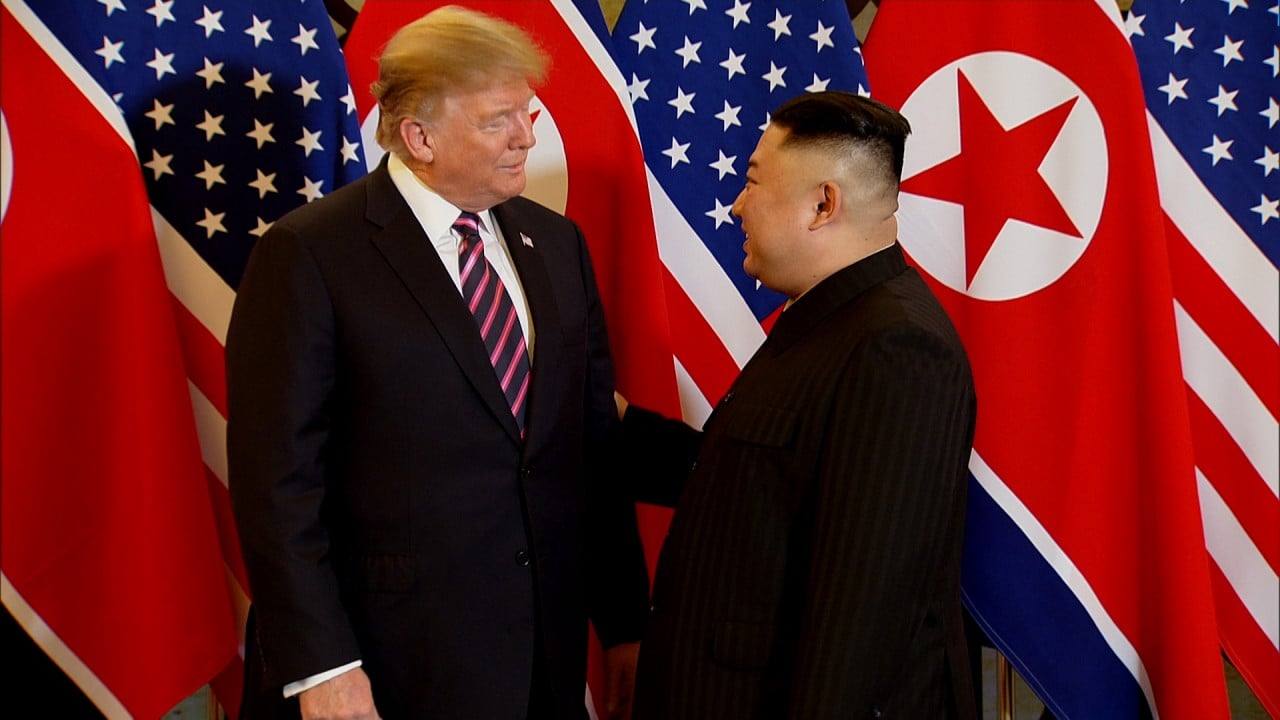
03:23
Breaking down why Trump and Kim failed to reach a deal in Hanoi
However, even though the latest tests had not changed the existing security equation on the Korean peninsula or in Northeast Asia, other damage has already been done, according to Grant Newsham, research fellow at the Japan Forum for Strategic Studies in Tokyo.
“If 30 years of experience has taught us anything, it’s that concessions to North Korea only get you more bad behaviour … from the Kims. A solid, unflinching defence and serious pressure are the only approach that will work,” Newsham said.
Korean peace treaty advocates are chasing an absurd, destructive dream
Indeed, North Korea’s actions immediately drew criticism from both the United States and Japan.
The US military said the missile tests posed “threats” to North Korea’s country’s neighbours and beyond. “This activity highlights [Pyongyang’s] continuing focus on developing its military programme and the threats that poses to its neighbours and the international community,” the US Indo-Pacific command said in a statement.
Japan’s chief cabinet secretary Katsunobu Kato said his government was “concerned” by the KCNA reports and would continue to work closely with the US and South Korea to monitor the situation.

